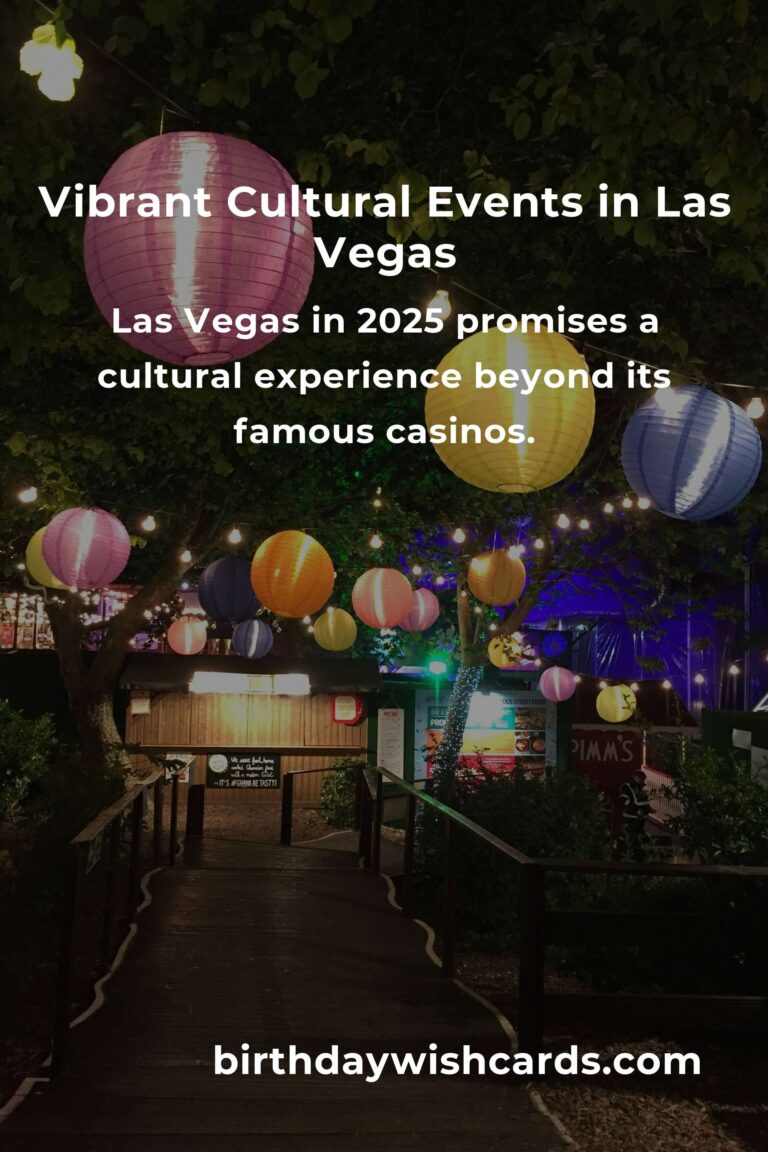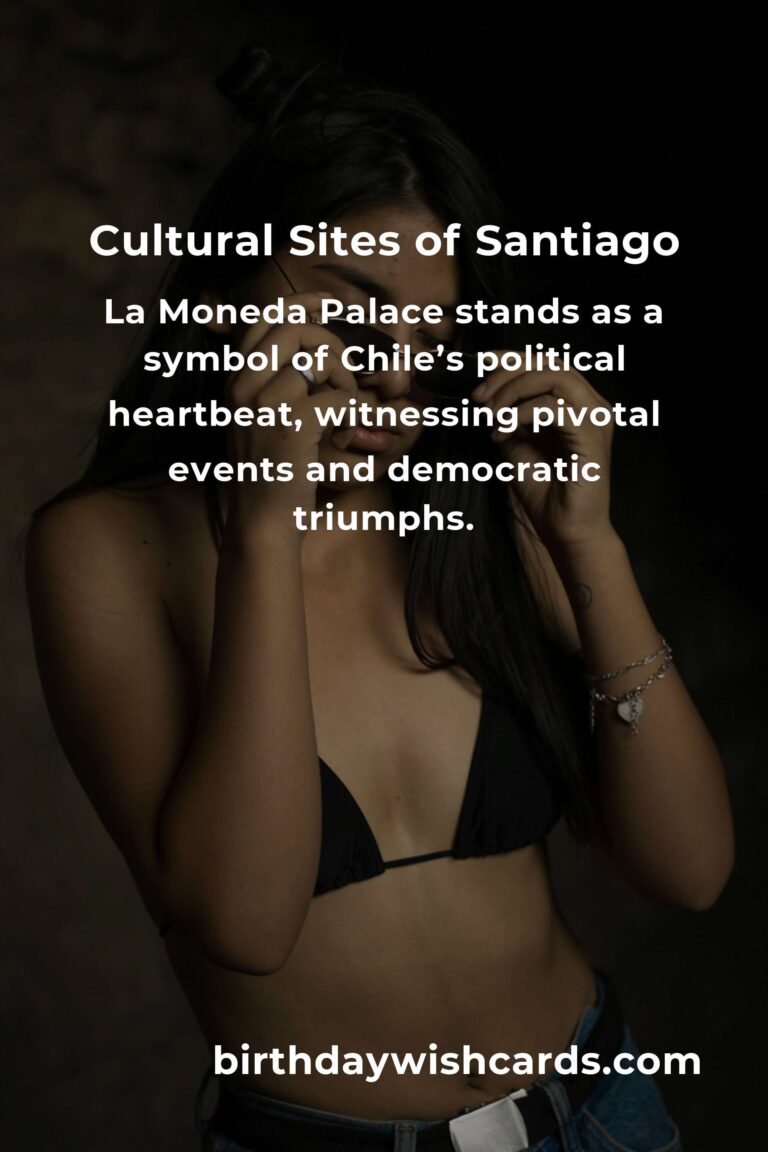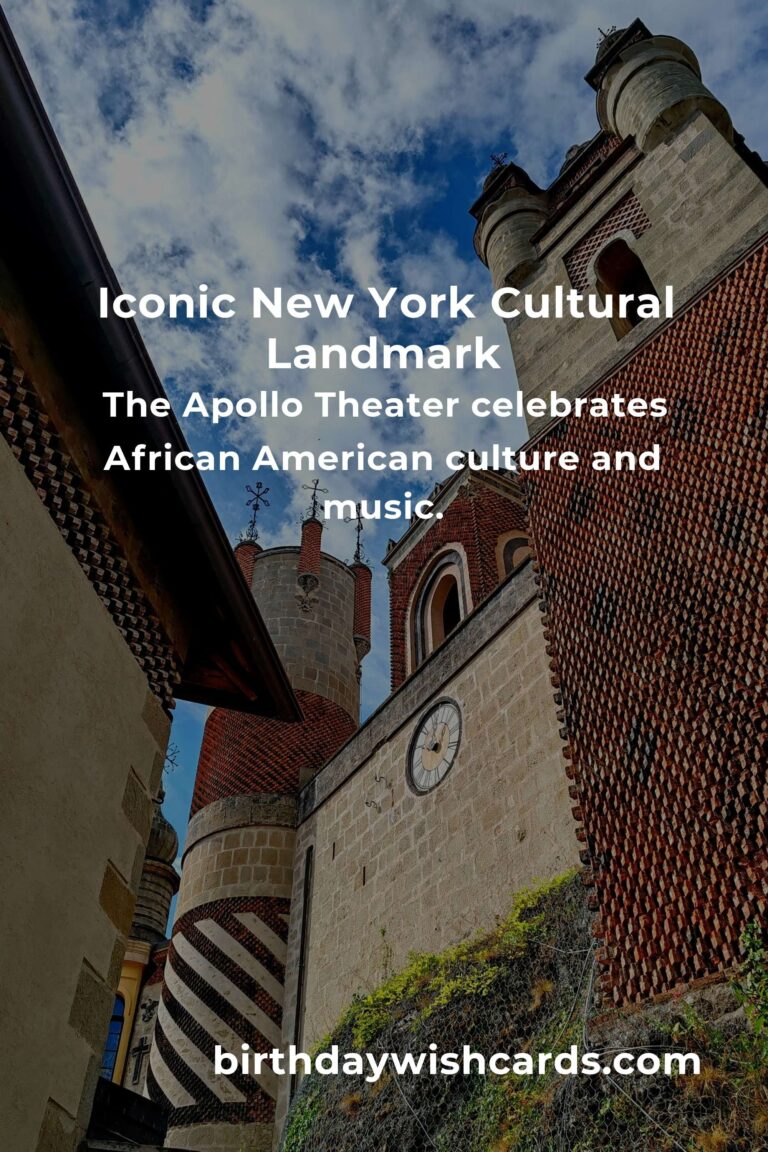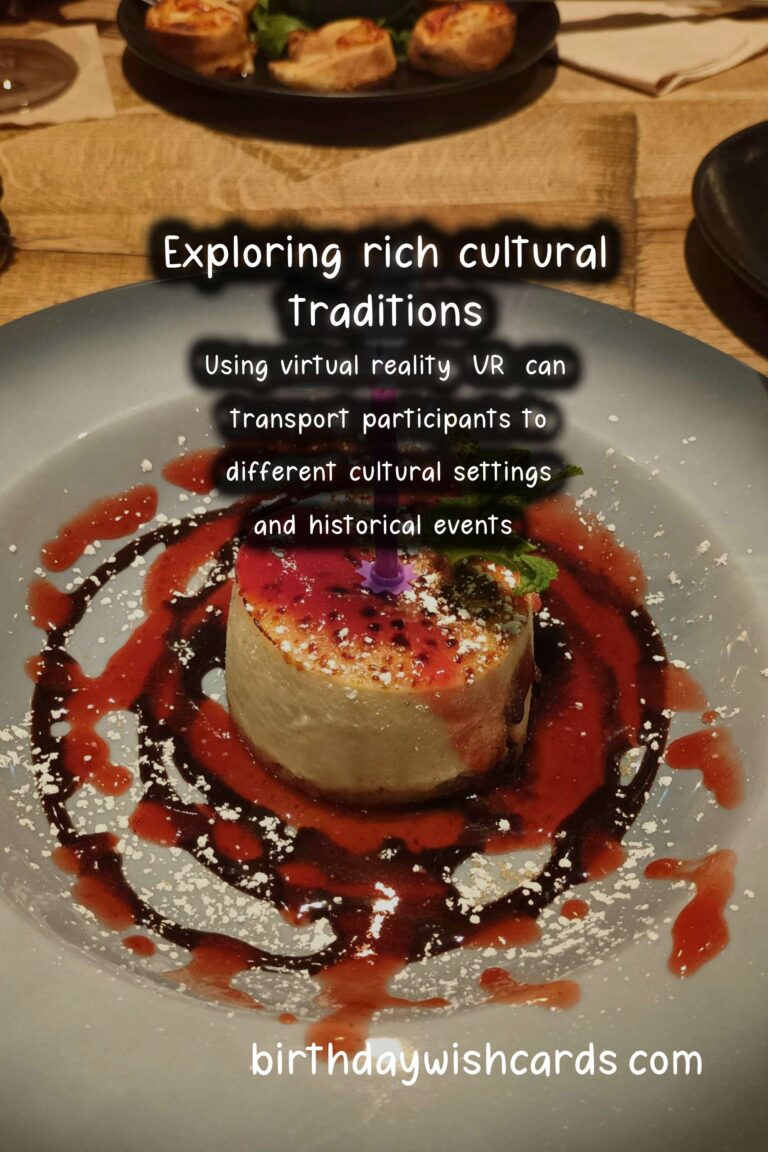
Celebrating cultural heritage is a meaningful way to strengthen community ties, preserve traditions, and educate future generations. Whether you’re planning a local festival, religious observance, or community gathering, incorporating creative ideas can enhance the experience for all attendees. In this post, we’ll explore ten innovative tips for celebrating cultural heritage and religious events in a way that stands out and engages the community.
1. Host an Interactive Workshop
Instead of a traditional event where attendees passively observe, consider hosting interactive workshops where participants can learn traditional crafts, cooking techniques, or dance styles. This not only provides hands-on experience but also allows participants to engage with cultural stories and practices directly.
2. Incorporate Technology with Virtual Reality
Using virtual reality (VR) can transport participants to different cultural settings and historical events. Set up VR stations where attendees can experience traditional ceremonies or visit cultural heritage sites from around the world. This innovative approach can attract a diverse audience and create memorable experiences.
3. Create a Cultural Heritage Parade
A parade featuring traditional costumes, music, and dance can showcase the richness of cultural heritage. Invite local schools, clubs, and community groups to participate, and ensure that the parade highlights various aspects of the culture being celebrated.
4. Organize a Food Festival
Food is a universal language that can bring people together. Organize a food festival that highlights traditional dishes and cooking methods from different cultures. You can include cooking demonstrations and tastings, allowing attendees to explore flavors and culinary traditions.
5. Establish a Storytelling Corner
Storytelling is a powerful tool for cultural preservation. Set up a corner where elders from the community can share their stories and experiences. This not only honors their contributions but also provides younger generations with invaluable lessons and insights into their cultural history.
6. Curate an Art Exhibition
Art is a vital expression of culture. Partner with local artists to create a cultural art exhibition showcasing traditional and contemporary pieces inspired by the heritage. This not only promotes local artists but also creates a platform to discuss cultural narratives and themes.
7. Implement Eco-friendly Practices
Ensure your event celebrates heritage not only through cultural expression but also through environmental stewardship. Use sustainable materials, promote recycling, and encourage attendees to engage in eco-friendly practices. This demonstrates a commitment to preserving cultural heritage for future generations.
8. Facilitate Cultural Exchange Programs
Encourage cultural exchange programs where people from different backgrounds come together to share traditions, music, and art. This can be achieved through workshops, performances, and discussions that foster understanding and appreciation among diverse groups.
9. Create an Online Presence
In today’s digital age, creating an online presence for your event can significantly expand its reach. Utilize social media platforms, blogs, and websites to share information about the event, engage with potential attendees, and document the celebration for future reference.
10. Collect Feedback for Future Events
After the celebration, gather feedback from participants through surveys or informal conversations. Understanding what participants enjoyed and what could be improved will help enhance future cultural and religious events, ensuring they remain relevant and meaningful.
By implementing these creative tips, you can elevate your cultural heritage celebrations and create enriching experiences for everyone involved. Remember, the goal is not only to celebrate the past but also to pave the way for future generations to appreciate and continue these traditions.
Celebrating cultural heritage is a meaningful way to strengthen community ties. Using virtual reality (VR) can transport participants to different cultural settings and historical events. 
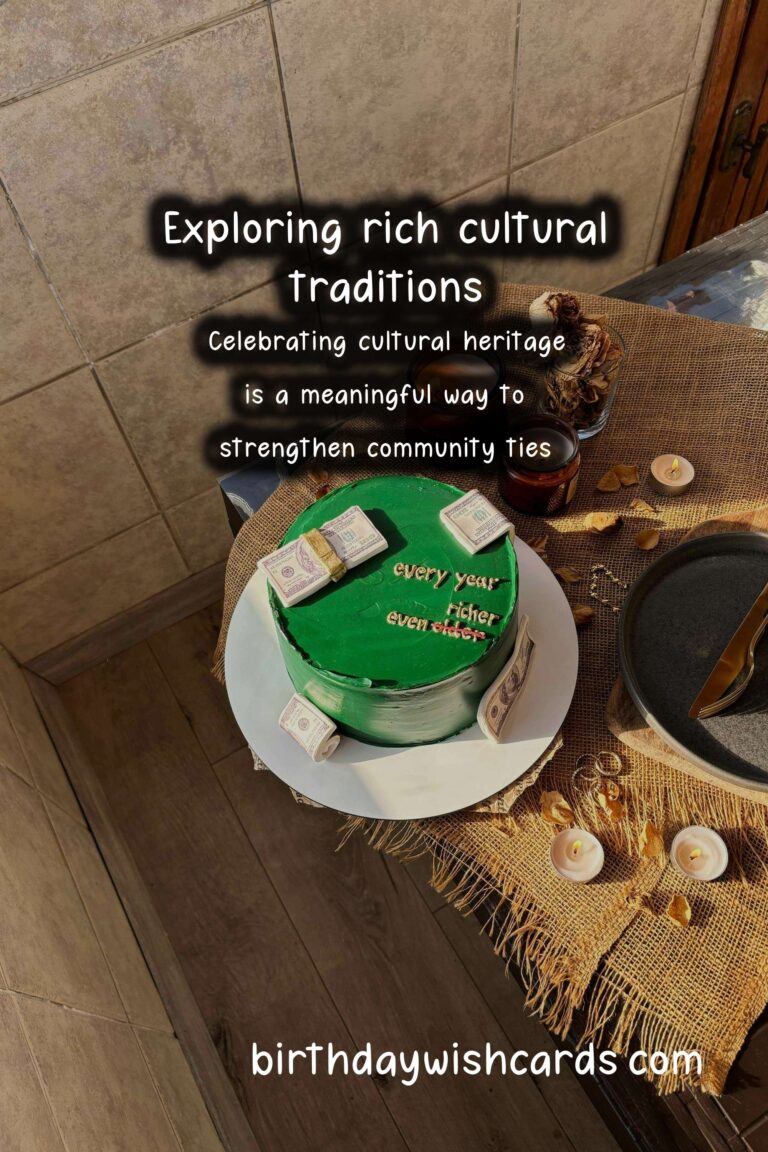
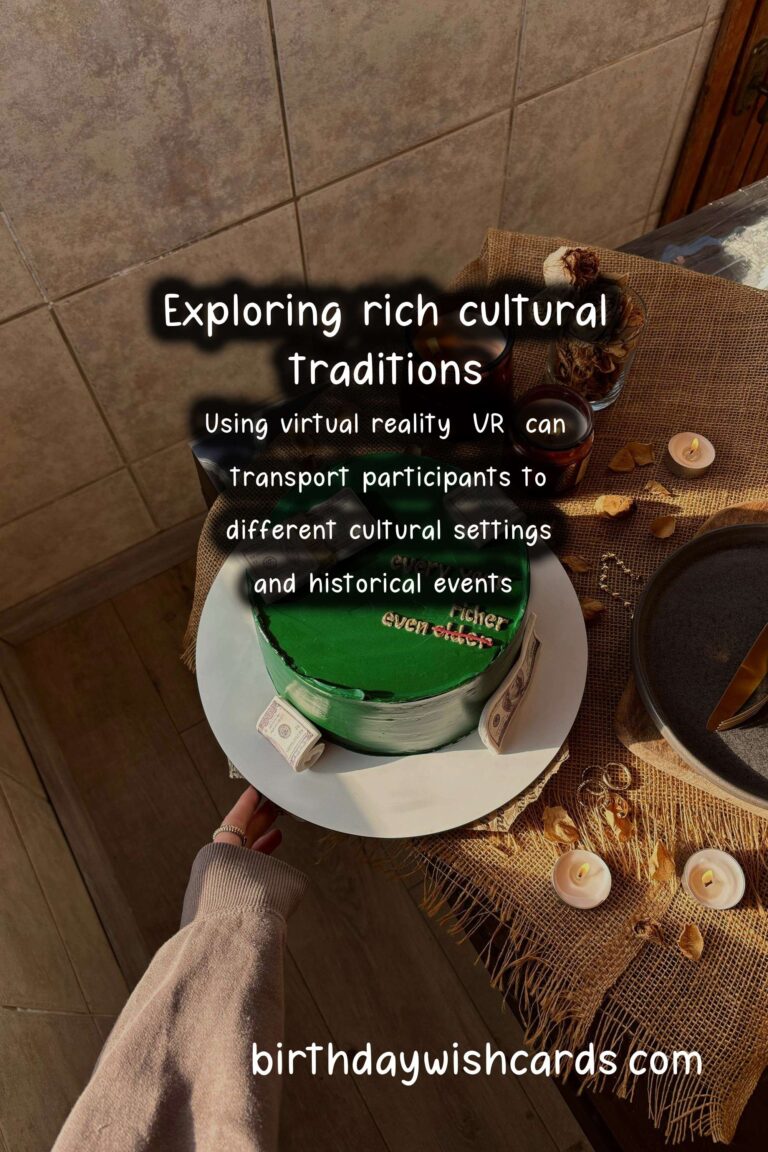
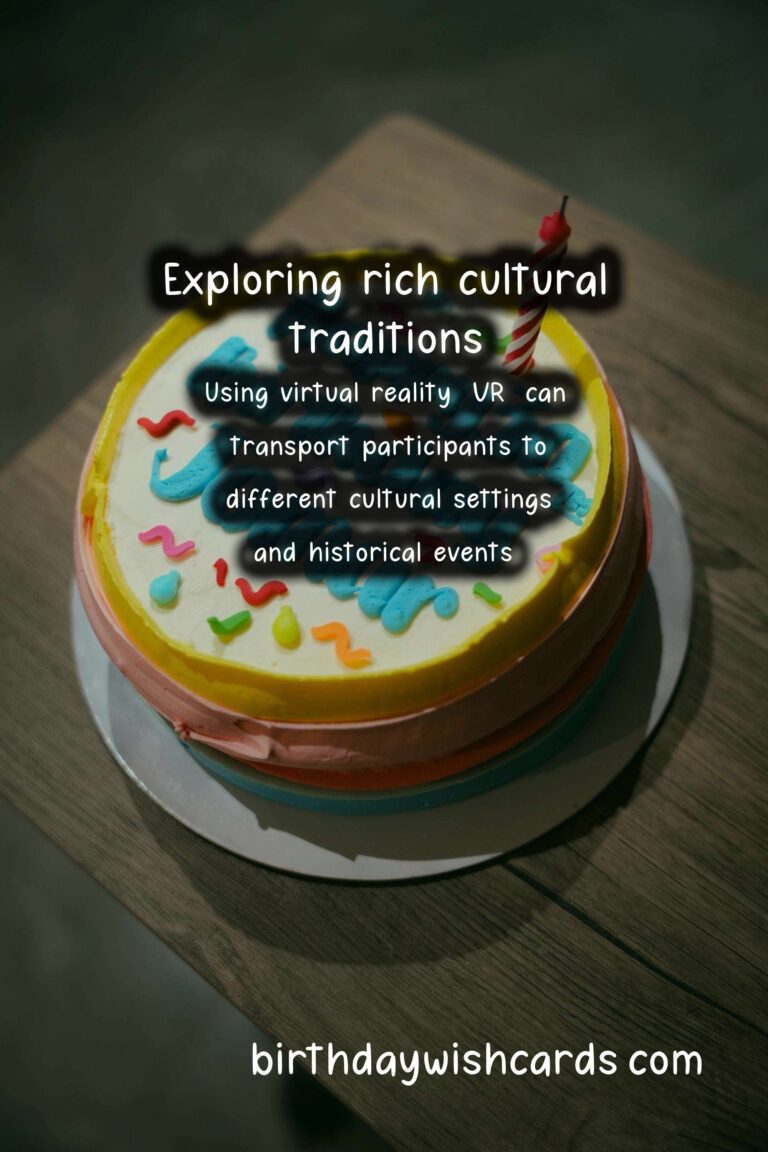
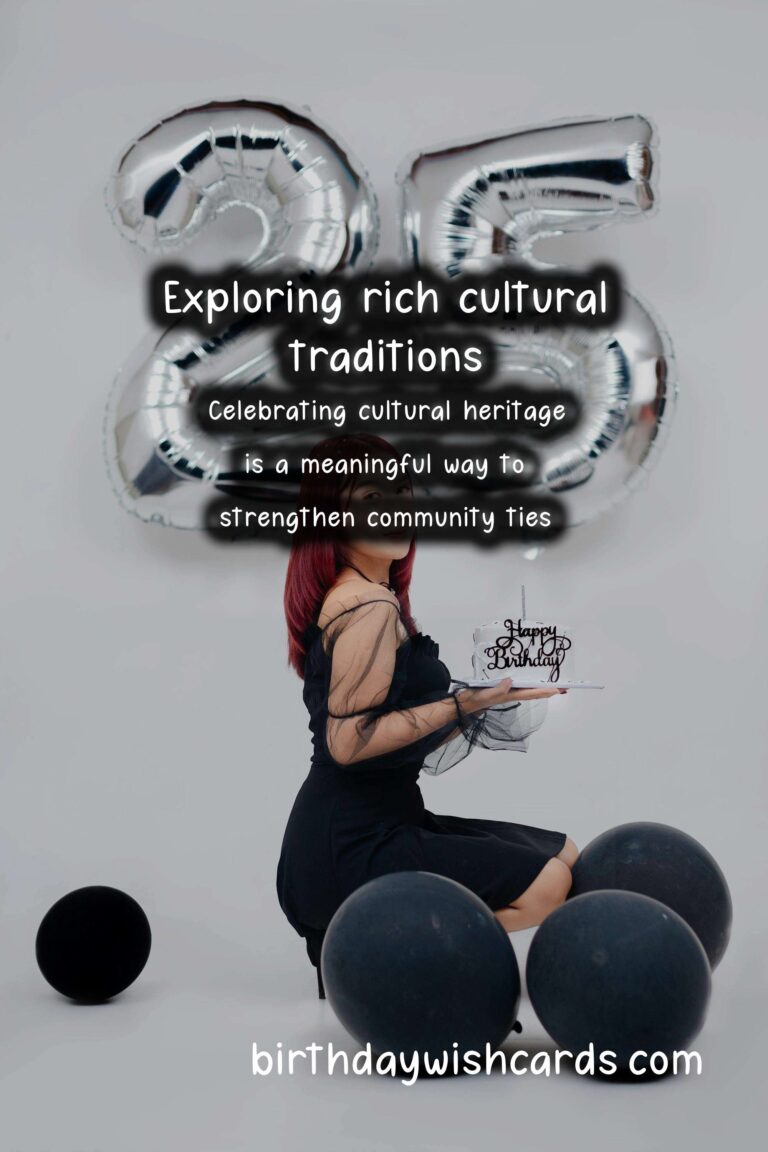
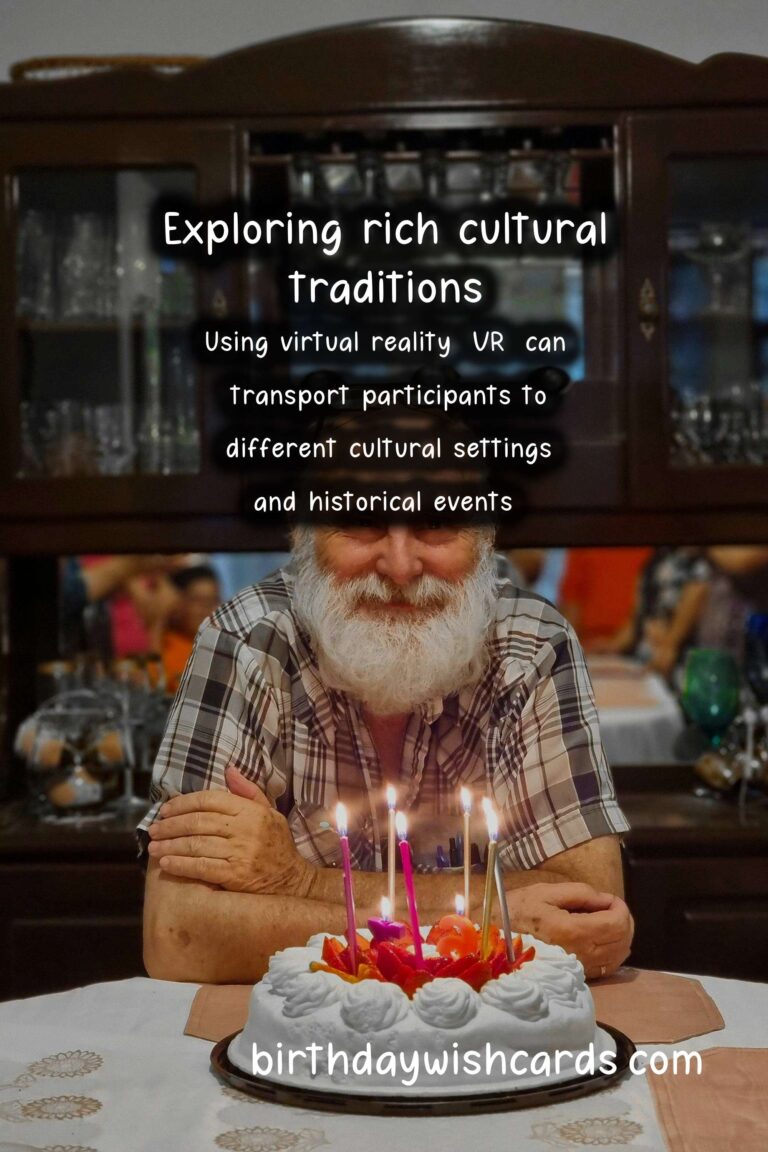
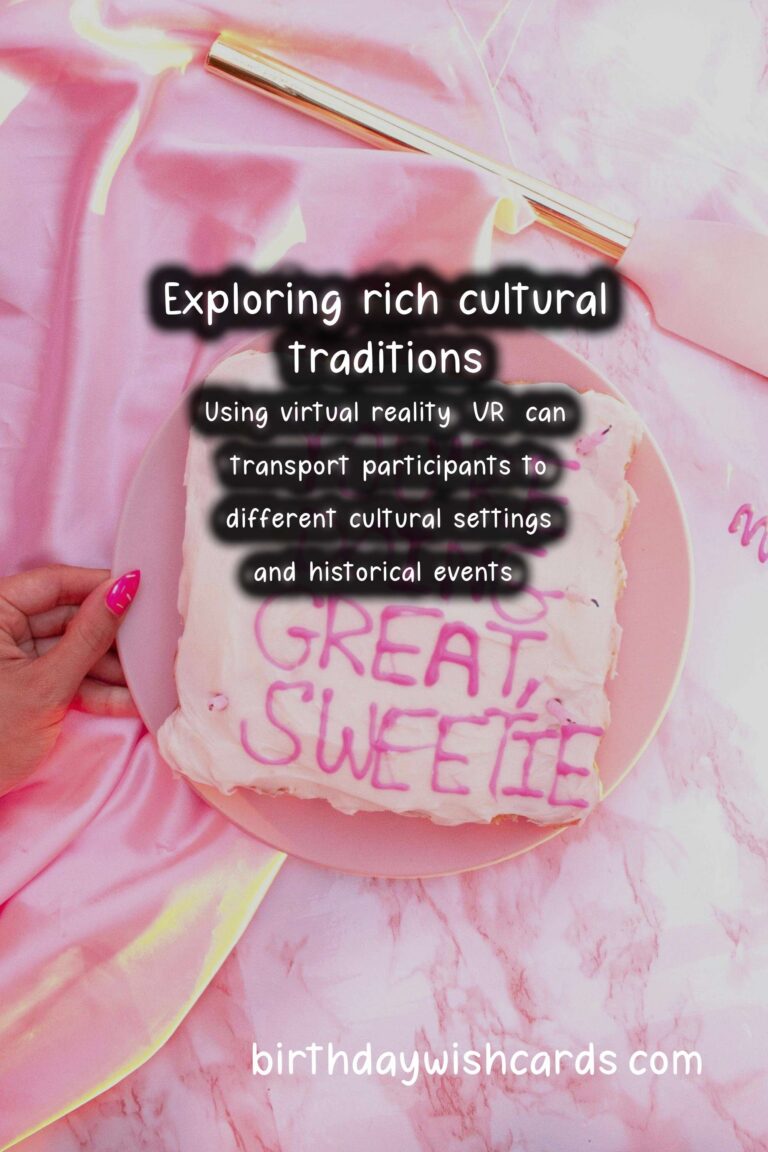
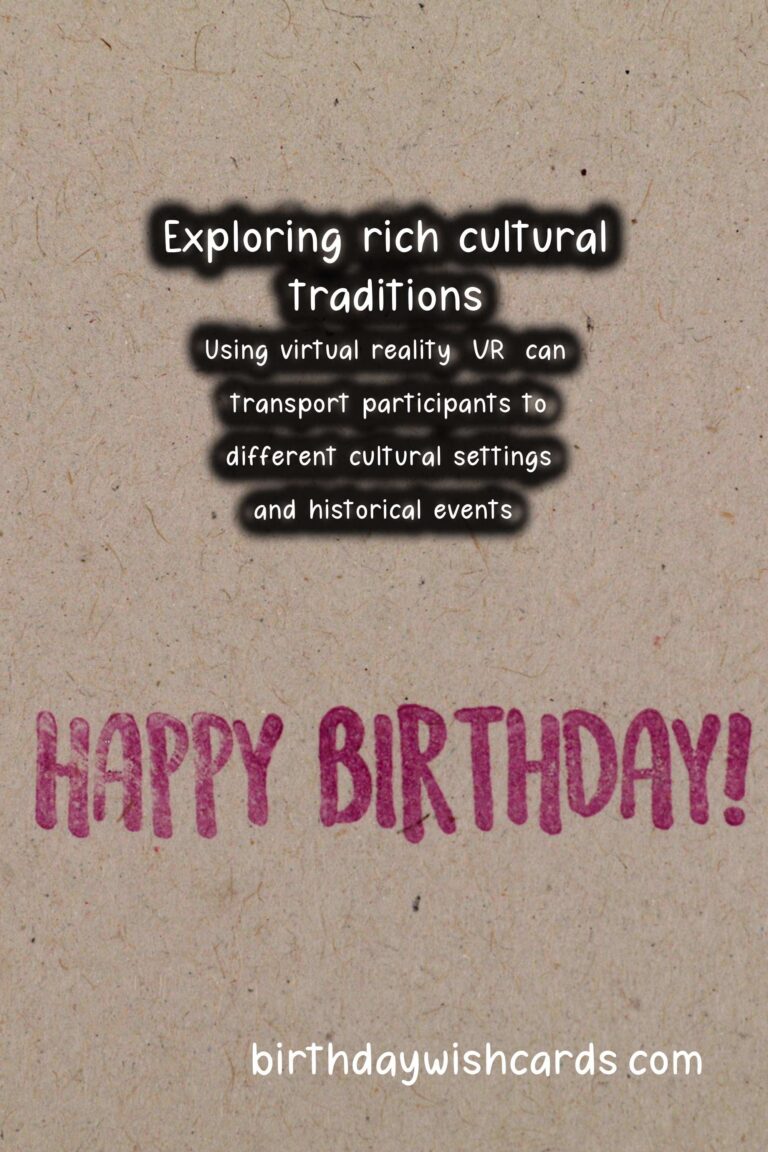
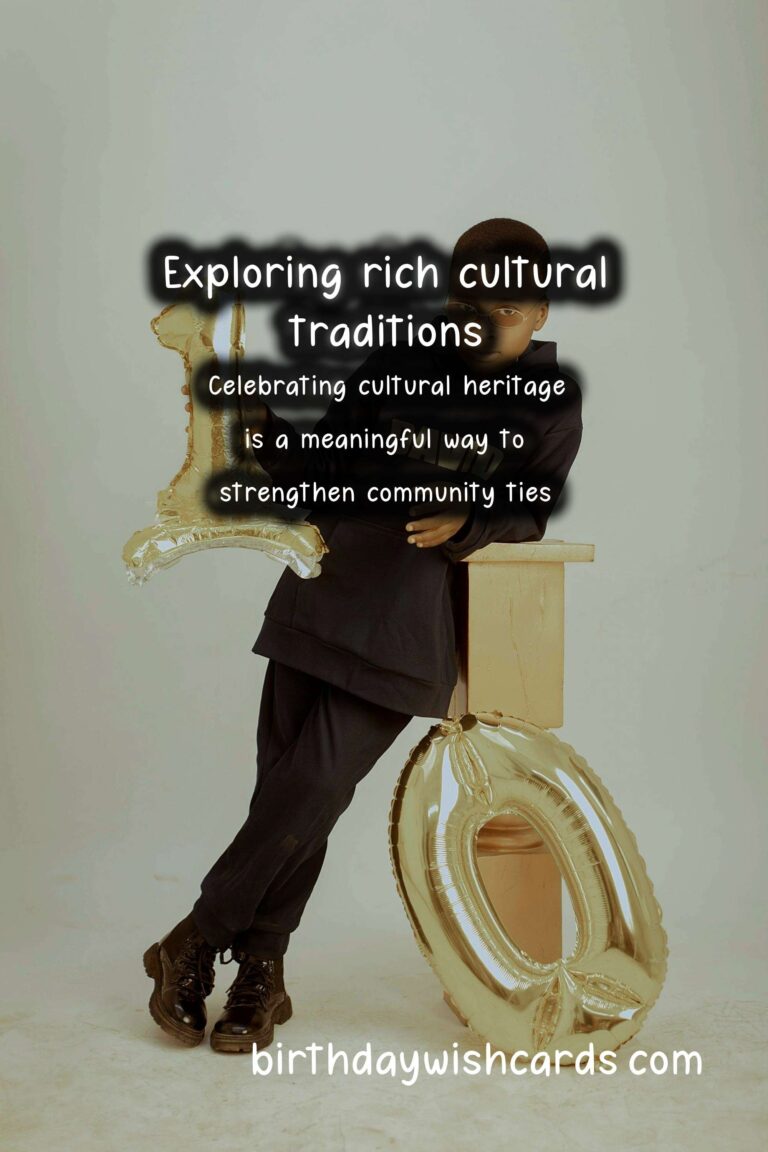
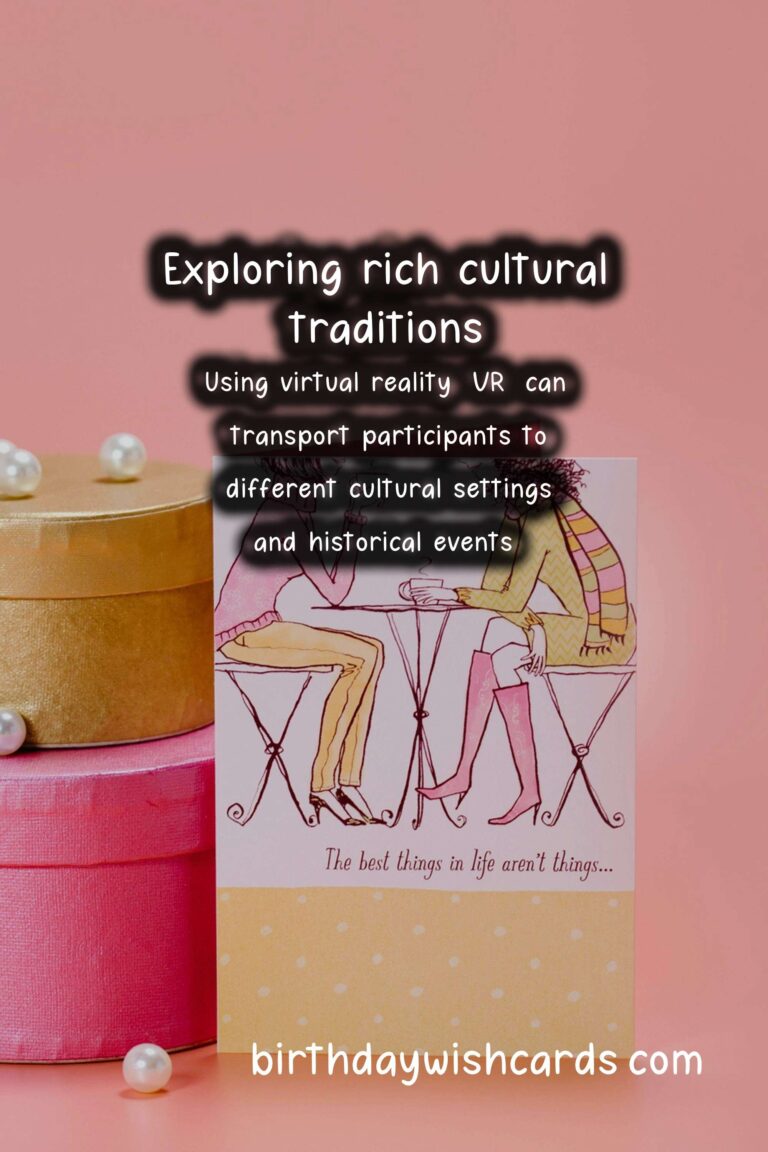
#CulturalHeritage #CommunityCelebration #CulturalEvents

